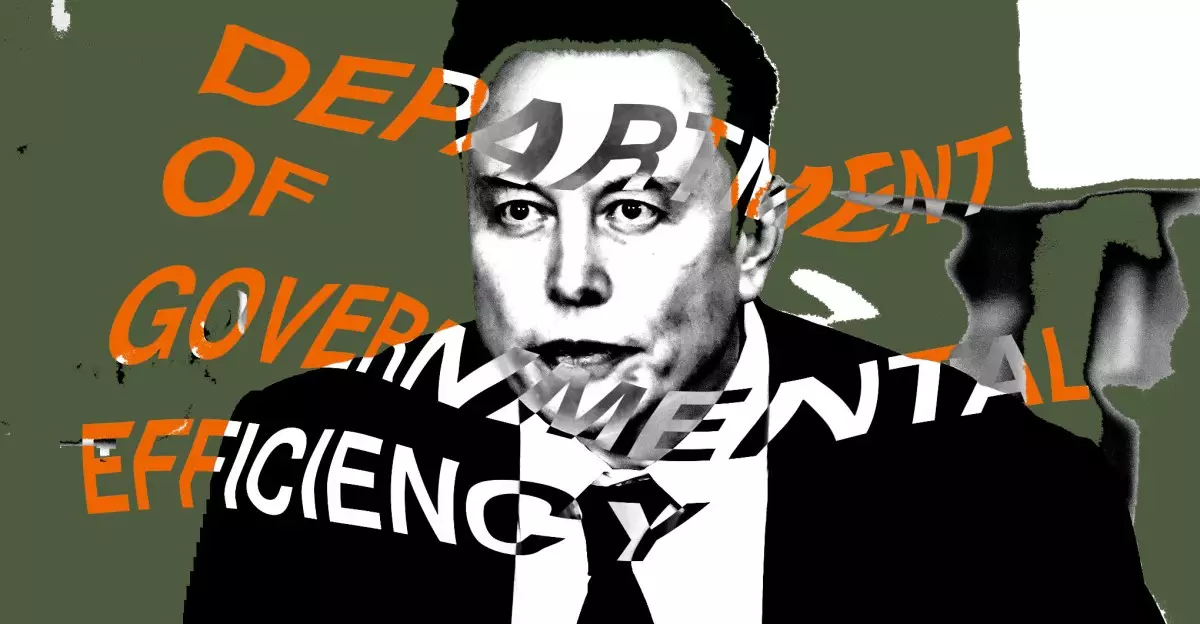On a recent Saturday, federal employees across various agencies received an unsettling email from the Office of Personnel Management, prompted by Elon Musk’s provocative inquiries about their productivity. Musky whims can be somewhat expected—especially after his tumultuous acquisition of Twitter—but this particular situation raises numerous questions about the intersection of corporate mentality and government operations. With a tight deadline looming to submit bullet points detailing their recent accomplishments, federal workers were left grappling with the potential implications of non-compliance.
Interestingly, Musk’s tweet accompanying the email suggested a rather startling premise: that failure to respond could be interpreted as a resignation from one’s position. This assertion drew immediate backlash from legal experts, many of whom deemed the demand illegal, highlighting a concerning potential violation of federal employment laws. Influential figures, including Sam Bagenstos, a prominent law professor at the University of Michigan, fervently argued that Musk’s declaration had no foundation within the civil service framework. Such rhetoric not only resonates with the legal violations but also raises eyebrows regarding the ability of a private individual to impose authority over federal employees.
Congressional representatives have also chimed in, with House Minority Leader Hakeem Jeffries condemning Musk’s actions as an affront to hardworking federal employees and their families. Jeffries characterized the initiative as ‘traumatising,’ indicating the potential mental and emotional toll on individuals just trying to carry out their duties without additional pressure. The implications of such statements are profound, as it underscores a growing divide between the typical expectations of government roles and the unpredictable-centric direction Musk seems to advocate.
What is particularly striking about this incident is the resemblance to Musk’s tactics following his Twitter takeover, where he introduced extreme accountability measures and fostered an atmosphere of fear. By insisting on detailed accountability reports in such a heavy-handed way, Musk risks complicating the delicate balance that government agencies have maintained over decades. This approach could potentially instigate a shift in the current workplace culture, fueling anxiety among employees who may feel cornered by limited options.
The email incident highlights a wider concern regarding the increasingly blurred lines between private sector operations and public governance. Musk’s impulsive style seems to disregard the significance of established protocols within federal agencies. Such actions not only threaten the legal and ethical foundations of public service but can also set a troubling precedent for future interactions between private entrepreneurs and government functions. Abrupt mandates can lead to disillusionment within the workforce, ultimately hampering productivity and efficiency for the very institutions Musk claims to aim to ‘enhance.’
Ultimately, while the notion of improving government efficiency is a noble cause, the methodology through which it is pursued must not undermine the systems already in place. A balanced approach, rooted in respect for federal structures and legal frameworks, is essential for any meaningful reform. As these events unfold, it will be crucial to monitor how they impact both the morale of federal employees and the integrity of public service as a whole.


Leave a Reply